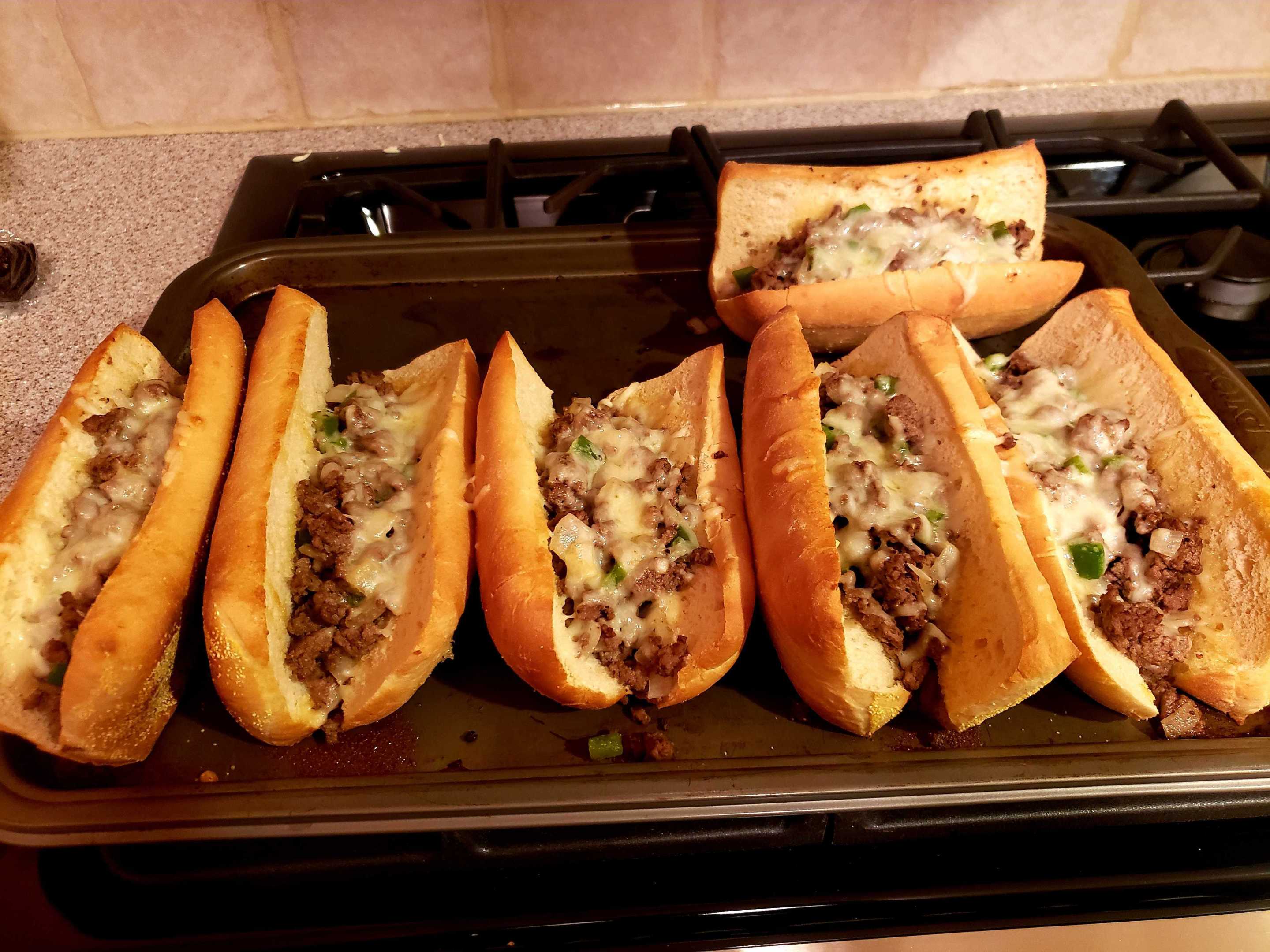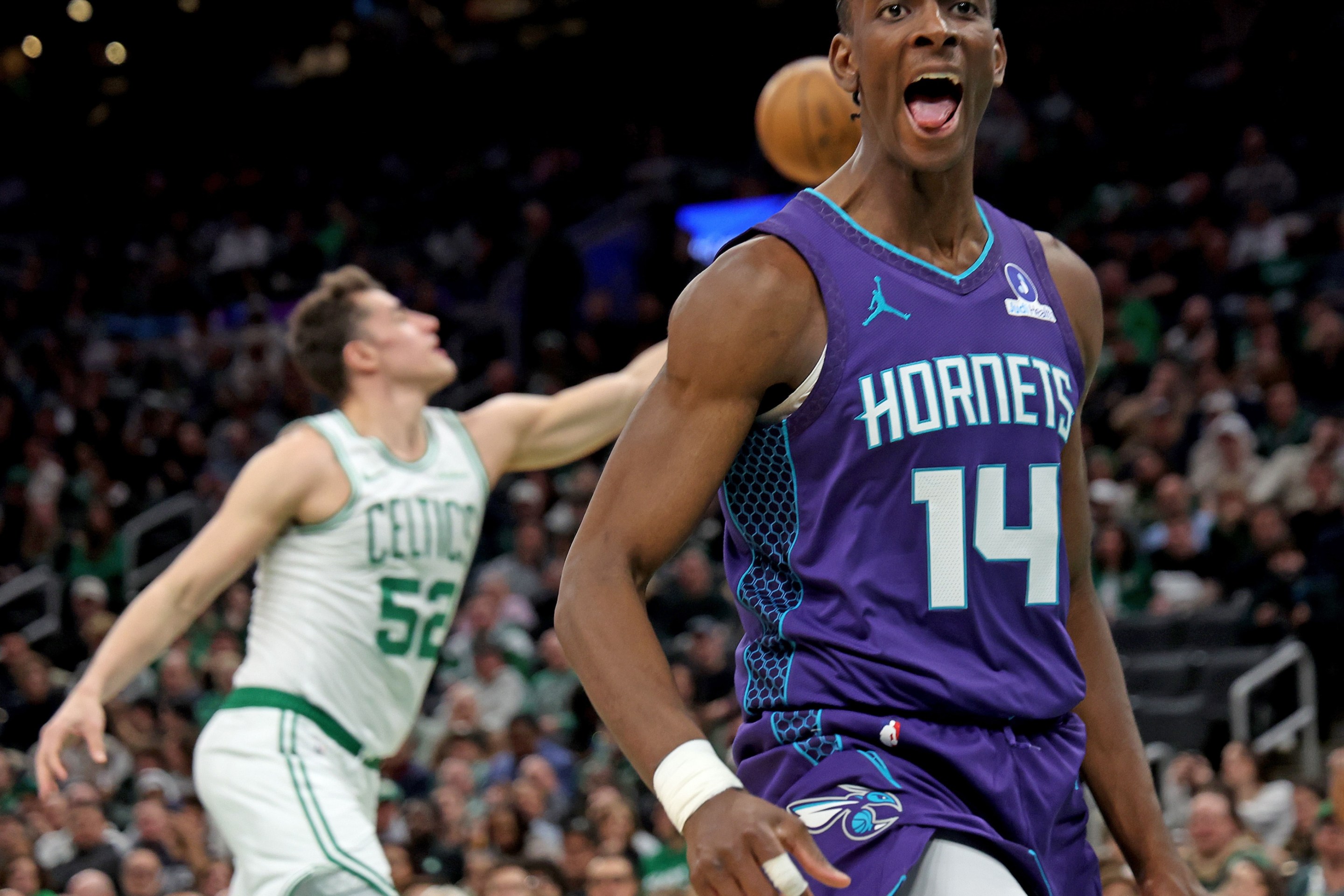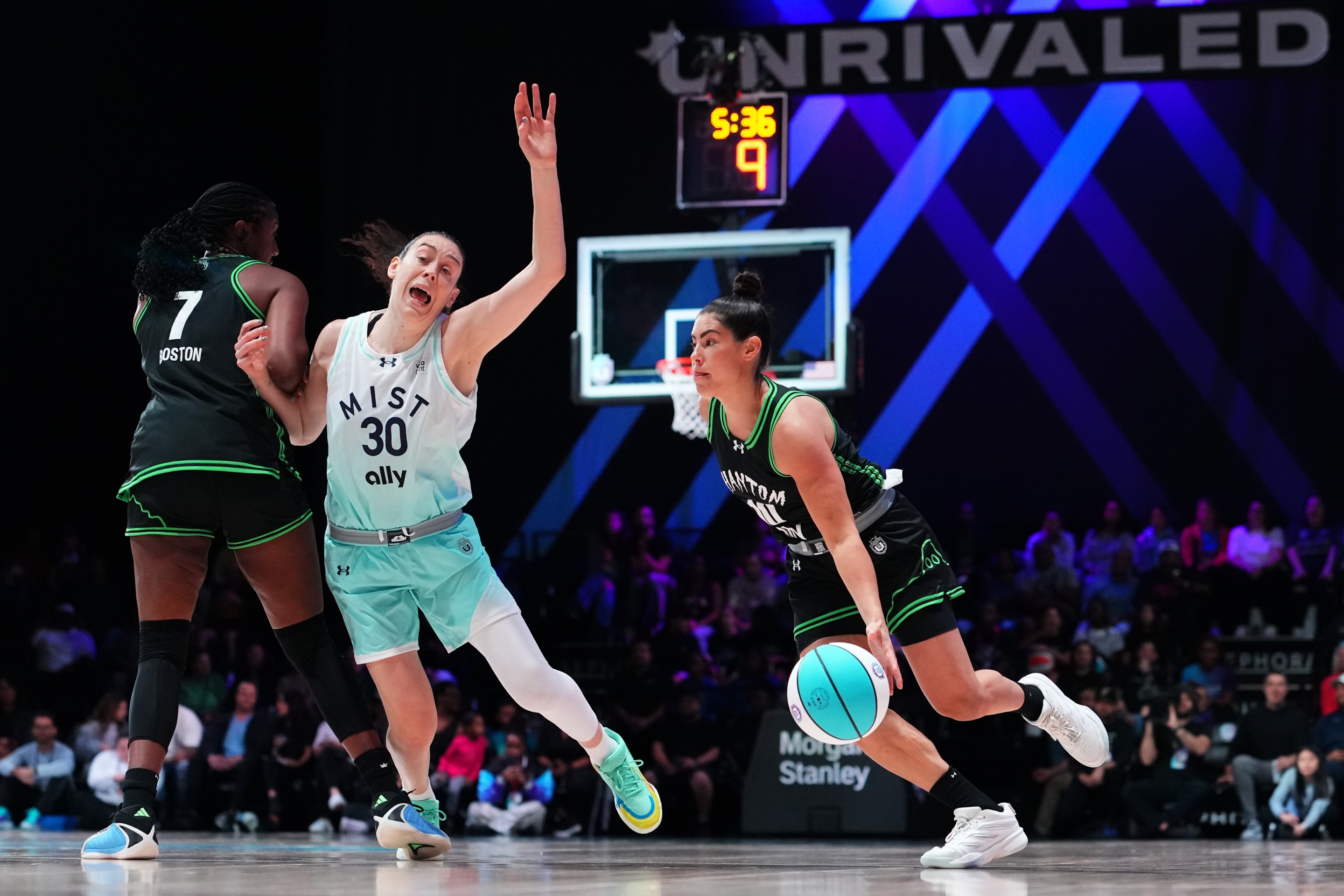There's a document on my computer called "food.txt." According to the metadata, I created it in October 2023, and I'm sure I've opened it at least every couple days since. It would be incoherent to anyone who sneaked a peek, but it's a very useful piece of infrastructure in my life. It's a list of entrees, basically, with sections separated by planned grocery store trips. There are no specific dates attached, but the list is reverse chronological: Whatever I'm going to eat next is at the top, and my future meals proceed from there. At the very bottom are meals I want to make but don't have an assigned spot in the batting order yet.
The document is adjusted and revised often, which is why I don't lock in any meal to a particular day. When I make social plans that involve eating, or would cause me to miss a meal, I do some shuffling. As I write this, though, "food.txt" stretches out eight weeks in advance—pastas, chicken recipes, tacos, even a tentative visit to a bagel shop. It sounds very intense, I know. It's a symptom of an anxious mind that leans heavily on structures and plans. But I'm still kind of proud of how I got here.
There's an online debate about ordering delivery versus cooking for yourself. The argument is so tired it's comatose. Those who love to cook look down on the helplessness and inefficiency of ordering, like, a single burrito to be chauffeured to your house. Those who don't cook argue that the process is wasteful in a different way: You can't just buy, say, a quarter-pound of ground beef, so shopping for one person and cooking a meal with your haul leaves you with portions that either must be eaten relatively quickly as leftovers or thrown away. I'll give the poster known to me as "the other Lauren" the last word here:
as with many things in life this is a bell curve where if you're a lousy cook it's "more expensive" to cook, if you're a moderately good cook it's cheaper than eating out, and if you're a great cook you might have to stop yourself from making it more expensive again
— lauren (@lauren.rotatingsandwiches.com) 2025-01-05T00:54:43.927Z
I don't order delivery, and I believe I am an example of the "moderately good cook." I definitely continue to make mistakes, but I never make them twice. I think my personal brand is something like "Midwestern white girl who can also go wild with spices." I try to make things that taste hot and exciting, but at their core they're old classics like sloppy joes, chili, buffalo chicken, pastas, or quesadillas. Over the years, mostly thanks to meticulous planning, I've internalized how these meals can fit together over a given week—the ways the extra ingredients of one recipe can bleed into another before they go bad, and so on. I rarely have to chuck out rotten food. I can always find some sort of use for it.
As a kid, I was never taught how to cook in any meaningful way, nor did I show much enthusiasm for it. I could make oatmeal in the morning, or brown ground beef, but if left to fend for myself I'd most likely just heat up something cold. In college, after the dorms, getting a ride to the supermarket just once every two weeks also meant relying a lot on frozen food, and when I started my adult life in New York City, I mostly stuck with what I knew, even with plenty of grocery stores within walking distance.
But part of your 20s, ideally, involves trying more things, and so I gradually brought some new recipes into the fold—really basic stuff like putting some sauteed vegetables in a tortilla or roasting potatoes or boiling something or, to offer an extremely nonspecific example, buying nice bread from one of the cute twinks at the nearby bakery and toasting some slices with garlic butter in the oven. These first few years, I definitely did not think of myself as a "person who cooks," and as I also shared a tiny kitchen with three older roommates, I didn't have the confidence to take over that space nightly.
In that apartment, my body was going through its second puberty. I started properly transitioning when I moved in 2017, gradually reducing the number of times I was read by others as a boy. It was a very slow process, but it eventually provided dramatic returns. I bought makeup. I learned what clothes I liked. I fought a laser war against my facial hair. I let hormones tweak my body. I learned I could do intimacy without shutting down. I carried myself with more confidence. Looking back, I feel like I knew absolutely nothing at age 23. But I was trying.
One of the few items I still struggle not to waste is milk, which comes in large sizes and goes bad fairly quickly. I don't like to drink it, so I usually just use it in small quantities for baking or recipes like my tofu wings. In the winter, though, leftover milk is easy to get rid of, because I have a foolproof hot chocolate recipe:
Put two cups of milk, plus two tablespoons of sugar and two tablespoons of cocoa powder in a pan of some sort over let's say medium heat. Whisk it together until it's pretty warm, then take half a Hershey bar, drop it in and stir until it melts. Eat the rest of the Hershey bar, then add the tiniest little dash of vanilla to the mix. Throw in one of those mini bottles of Fireball if you're feeling frisky and/or juvenile.
Even if you have very little experience cooking, try making hot chocolate for you and a pal. It always feels great.
Transitioning is more or less giving yourself the gift of a body and soul that you love, and in order to get there, I necessarily had to survive a lot of self-hatred. I can retrofit a neat—maybe too neat—narrative onto a superficially pretty nice suburban adolescence where I always knew I was supposed to be a girl but was made to believe actually being one was as realistic as playing in the NBA. When I was a young teenager completely unequipped for the stress of repressed dysphoria, I had a phase where I'd hurt myself and say disturbing things to my friends about wanting to die. After recovering from that, I had a phase where I tried a lot of different drugs, all with the hope that one of them would deliver the transcendence that could make me feel permanently, irrevocably correct. In college it was more nihilistic: drinking way, way too much, to avoid feeling anything at all. But upon reaching public womanhood, I quickly felt free of any danger signs. I had control over myself in all areas but one, where I still tried to punish my body and force it into a beautiful ideal.
In 2019, I lost 40 pounds without even really exercising. I just went long stretches without eating. I could pick out a variety of causes here: a loss of stability at a job that had been a rock for me since I'd moved, romantic heartache, anxiety from navigating shifting friendships, and the usual desire to be attractive in the way you're told attractive is. I do think the worst culprit, through, was the digital bathroom scale at that first Bushwick apartment. I got obsessed with that thing, weighing myself to the tenth of a pound multiple times daily, and it became a game to see how low I could get the numbers to go—how few calories in a day, how many dozens of hours without eating at all?
I'd be lying if I said I wasn't, on some level, satisfied with the results, but what I was doing was plainly unhealthy. I'd take a long walk and feel like I was going to collapse on the way back. I'd have sleepless nights where I stared longingly at restaurant menus on the internet. I felt just a generalized distress, and it got worrying enough that I realized I should see a therapist.
She was great to talk to, but expensive. After a couple years where so much had changed, it was very helpful to have a place to express my developing conceptions about myself. Every time I left her office, I wanted to grab a bagel, which was reassuring. I had to bail when I quit my job that fall, but I still feel her impact.
Cheese is a wonderful ally. You can buy a lot of cheese and use it in a bunch of fun ways before it goes bad. In one week alone you could, for example, melt it over a sandwich, melt it over potatoes, make mac and cheese, and grill a quesadilla. It just requires some advance planning—how much am I going to have left over after the first thing I cook, and for which recipes will that be useful?
Or you could not plan and still give it a shot. At worst, you have a brick of cheese in your fridge. And necessity is the mother of invention: If you're in a situation where you force yourself to use food instead of throwing it out, you might make a neat discovery, especially if you also have more stable items on hand like pasta or rice. Seriously, don't be afraid to search, like, "recipes with cheese" and scroll the results. Maybe the fried cheese balls you land on won't turn out so good, but there's something satisfying in the effort—or at least valuable, long-term. Every food has a purpose, and your job is to discover it.
In 2020, my New Year's resolution was to spend a month eating vegetarian. This choice was mostly strategic. I believed that denying myself meat would satisfy the "you can't eat food" part of my brain without being debilitatingly hostile to my body. I was right. Motivated to find new options, I explored tofu and mushrooms and jackfruit. Even though I gradually introduced meat back into my diet, a lot of it stuck. In particular, I am incredible with tofu, and the fact that its blocks can center a variety of meals while still staying good to eat for a long period of time in the fridge makes it, along with pasta, a staple of those couple days before I need to make another trip to the supermarket.
The pandemic genuinely helped with the eating disorder, too. The mindset was something like "Well, I can't do anything, I can't go anywhere, so am I seriously going to not eat, either?" With so much time to devote to the kitchen, first in a Park Slope place and then in the Bed-Stuy apartment where I still dwell, I would visualize my craving, look for a manageable recipe online, and give it a shot. Food became an event: The highlight of a weekend could be making BBQ pork for my roommates, the sauce even coming from scratch, or scavenging for the many ingredients in Drew's famous chili.
It was also one of the only ways to mark meaningful occasions. I made Thanksgiving dinner—steak, potatoes, stuffing, cranberry sauce—for me and the woman I still live with today. (I was a bit too hasty in cooking the steak, but one learns through doing.) At Christmas, I threw myself into recreating the traditions I'd be missing in Michigan, teaching myself how to make all the cookies that my mom usually does, and then some. I cooked an elaborate casserole for the Super Bowl, challenged myself to bake a different kind of muffin every month, and started subconsciously fitting all my pieces of knowledge together. Trial and error. Trial and success.
Here's an incredibly simple vegetarian chili recipe that reheats well. It was one of those dishes that got me more invested in cooking back in 2020. I didn't even make the pickled onions. You just sautée an onion on the stove, add some spices, add two cans of beans and one can of tomatoes, and let it simmer. I like to add something crunchy, too, like Fritos.
It sounds incredibly basic typed out like that, and I'll admit I prefer more complexity today. But this was a recipe that I felt like I had earned: a few disparate ingredients transformed into a satisfying, lasting meal that I could adjust to my own tastes. It's both freeing and empowering to figure out that you can do that.
My eating issues didn't just vanish into thin air. The body I emerged with after lockdowns was still a fairly skinny one, and for hot vax summer and beyond I wanted to maintain it. Going back to my old weight still carried with it a hint of failure, like all that suffering would have been for naught. I'd get in funks where I wouldn't want to eat, but more than that I started obsessively controlling what I put in my body. I made meal plans in my head and cycled through them over, and over, and over again, distracting myself and wasting energy on memorization. If I deviated from my plans, I tried to punish myself through deprivation, which would inevitably lead to overindulgence—a self-destructive see-saw. I was sensitive and judgmental about what I ate, and I would do the thing of buying clothes with the goal of fitting into them soon. It was less harmful to my life than in 2019. But I was still frustrating myself enough that, when my brain finally overheated under all these strict, self-imposed commands, I started typing them out, and in doing so inadvertently found a kind of solution.
The "food.txt" document saved my brain, because all of a sudden, there was no point in constantly rehashing all the meals I was allowing myself to eat in a given week. It was there if and when I needed it, but otherwise, I could let go. With this reduced pressure, I started caring less. It wasn't as important when it wasn't a source of such immediate anxiety.
As I plan my meals, I think a lot in pairings—an item I buy can be used for this, and then for that. Some examples:
- The bread can be used for sandwiches, and then to dip in soup
- The chicken can be used with pasta, and then with rice
- The ground beef can be a sloppy joe, and then a taco
- The eggs can be for baking, and then breakfast
It's all up to you. The limit in a kitchen is your creativity. If nothing else, when the only option feels like the trash can, try some sort of experiment. You have nothing to lose and so much to gain.
I no longer see fit to stubbornly punish myself when I deviate from my plans. Extra calories are a fair price for not being worryingly light-headed on the subway. In the past year, I've gained more weight as I've allowed my cooking to get more consistently indulgent. Very rare are the days when I try to get by on a few fingers of everything bagel seasoning. It just doesn't feel worth it anymore. That's called "growing up," maybe.
My body has continued to change and ... I actually kind of love it. With more relaxed eating habits, I have curves that didn't used to be there. Clothes fit differently on me now, in a way that I often find hot. While I still cringe at my belly poking out of something tight and sheer, I've acquired enough good outfits that I can go out into the world projecting strength on a daily basis, and the feedback I get seems to reflect my inner positivity. The journey always continues. In this context, there's no such thing as failure.
I'm not saying I feel good every single time I stand in front of a mirror. But I do feel good when I'm in the kitchen. It's remarkably similar to the burst of energy I get while writing: I have a concept, I have to actively do something in order to bring that concept to fruition, and then I can enjoy the finished product.
Cooking for another person is a very intimate experience to me. I like that there's an inherent risk but an amazing payoff—literally, that you've provided a basic core need for someone whose wellbeing you care about. But I still savor a certain unburdened happiness in cooking for only myself, tailoring my ingredients to exactly what I'm craving. I think I used to consider food as an obstacle to living my life, the way you consign yourself to putting gas in your car in order to get where you actually want to go. But I think of it now as an extension of my identity. My meals are weird in the ways I'm weird, and flawed in the ways I'm flawed, but they are undeniably mine. Find yours, and you might find a little more of yourself.






